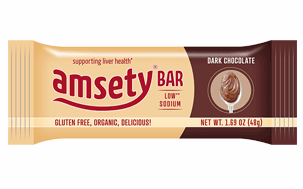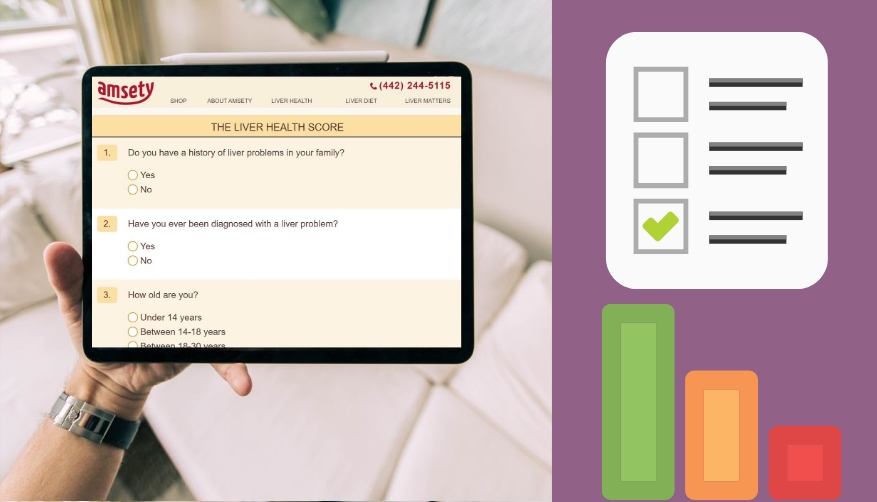Obesity is directly linked to developing fatty liver disease, a liver condition associated with a build-up of excessive fat in the liver. When a patient diagnosed with fatty liver disease is overweight, working on achieving an optimal personal weight through improving nutrition and lifestyle would be the primary step in treating fatty liver disease. To find out if your weight is healthy, use the Body Mass Index calculator recommended by CDC. If your weight is not in a healthy range, discuss your next steps with your doctor. The key to natural weight loss is leading an active lifestyle and following a balanced, liver-healthy diet, so be patient with your body because weight loss is a long process. It may take over a year for your body to reach your optimal, liver-healthy weight. Learn more about how to lead a liver-healthy diet here.
Many patients with chronic liver disease experience difficulties with digesting certain food groups. A weakened liver function can cause disruption when breaking down protein and amino acid produced from animal-derived foods. This side effect is known as lactose-intolerance. For this reason, a diet low in diary and animal protein may be advised for liver disease patients. Discuss with your doctor whether you should limit your consumption of dairy foods and foods containing animal protein. The key is to find the right amount of protein that your body needs to avoid putting extra pressure on your liver and avoid the build-up of toxic waste products in your body while still providing your body with essential nutrients.

Discover the first nutrition bars designed to support liver health.
Read more >Studies show that people with liver disease tend to develop deficiencies in Vitamins A, B, C, D and E. Such micronutrient deficiencies can cause bone pain, osteoporosis, alter protein absorption, weaken immune system, and worsen the outcome of liver disease itself. Discuss how to check your vitamin & mineral levels with your doctor. You may be advised to do a simple venous blood test to determine any abnormalities. If any vitamin & mineral deficiencies are found, you may have to make certain dietary adjustments. Vitamins and minerals do not just come in the form of fruit and veg. Vitamins can also be found in foods such as chickpeas, soybeans, nuts, milk, tuna and salmon. If reaching the required amount of vitamins & minerals through food is not an option, your doctor can recommend additional supplementation.
What´s your Liver Health Score?
Find out whether you are leading a livery-health lifestyle

Back to top